Title 62 O.S. Section 34.301 tasks the Civil Service Division to create a confidential whistleblower program where State of Oklahoma employees can report claims of agency or employee mismanagement and/or possible criminal misuse of state funds or property.
To file a whistleblower complaint, you must create a user account and file through the online filing system at the link above. Please use the Online System Tutorial for instructions on how to create your account and file a complaint. On the “Complaint Details” screen (Step 10 of the tutorial), there will be a question that asks, “What type of disciplinary action are you filing your complaint about?” The final option will be “Whistleblower.”
The Civil Service Division follows four procedures regarding Whistleblower Complaints depending on the type of complaint that is being reported.
- If the complaint describes criminal misuse of state funds or property, it will be referred to the Office of the Attorney General.
- If the complaint is discriminatory in nature, the complainant should file a complaint directly through the U.S. Equal Employment Opportunity Commission.
- If the complaint is neither criminal nor discriminatory but is something under the authority of the administrator of the Human Capital Management division of the Office of Management and Enterprise Services (OAC 260:25 and OAC 260:130), the complaint will be referred to the HCM administrator.
- In appropriate instances, the Civil Service Division director may advise the complainant to file a complaint through the Fraud, Waste and Abuse portal.
If none of the above scenarios apply to the question or concern you have, please reach out to your agency leadership for assistance.


